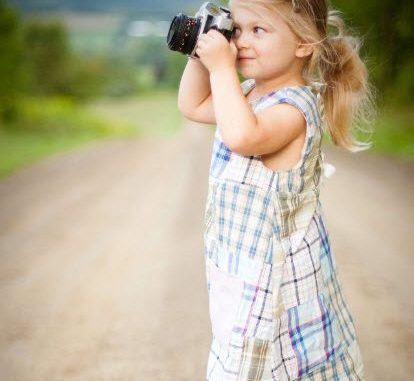
An observation is simply, watching and listening to children to find out how they are developing. Noticing what they like doing, how they are learning and interacting through play; as well as observing how they take part in other experiences, which can enhance their developments.
By doing this, childcare providers and parent/carers can both decide whether the child is developing at the expected level for their age; whether or not their experiences are adequate and appropriate for their developmental age; and if they can support their developments better through new activities, resources, toys and equipment available to them.
This is all to ensure children develop healthily, learn new skills and acquire new interests, as well as new knowledge.
In order to carry out observations, you first need to know what to observe. This can be done by using the EYFS development outcomes.
By understanding what children need to be able to achieve at any given age range, you can then watch out for behaviours that can potentially lead to particular developments.
For example: if a child is not able to feed themselves, you may first start to look out for them being able to pick up small pieces of food between their fingers then move their hand in a coordinated manner to their mouth. This could progress to them gripping a spoon and attempting to put the spoon in their mouth. These outcomes, indicate that the child is starting to develop the skills needed to feed themselves.
Each of these stages of development can be logged as an observation. They also give the childcare provider cues to encourage the child to feed themselves. So that they can giving them ample opportunities to support these emerging skills. This way, the child can gain greater co-ordination, competency and ability to meet their milestone of feeding themselves.
Practitioners are encouraged to take photographs to evidence what is being observed and when a level of proficiency is achieved from the opportunities presented to the child these are logged as assessments.

Be the first to comment